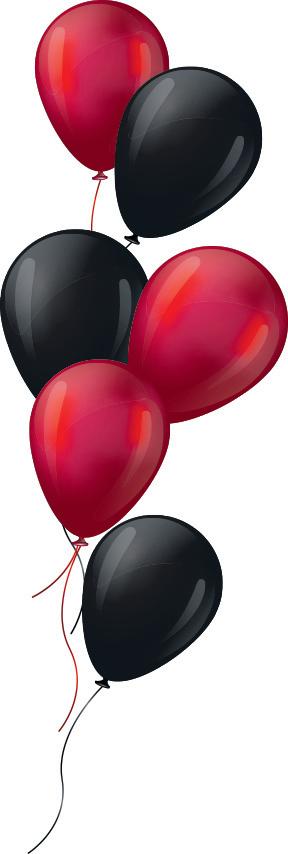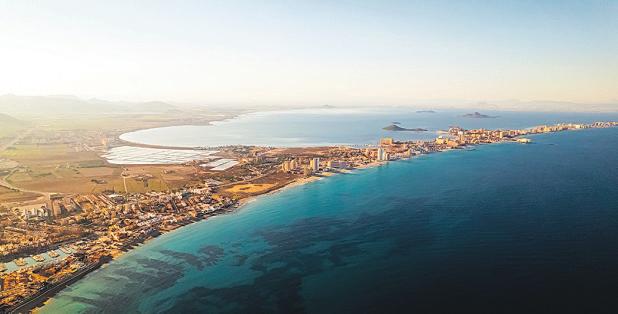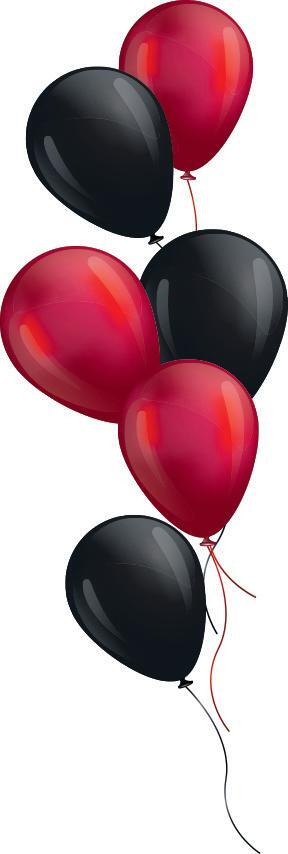
2 minute read
Always growing
tion, as well as weekly national news on the issues that matter most to you.
With thousands of papers being distributed every week to the Costa Calida’s most popular areas, more of you will also have access to the columnists you love, from Leapy Lee to David Worboys and motoring expert Mark Slack.
Our expert team of local writers are also ready to hear from you about the stories you most want to share, so if you have news or an event you would like us to cover, contact editorial@euro weeklynews.com

To find out exactly where to pick up your copy, contact distribution@euro weeklynews.com.
English language community, Murcia is one of Spain’s highly popular areas with expatriates and tourists alike. From the beauty of the Mar Menor to the splendour of Cartagena’s Roman past, this vibrant part of Spain serves its own spotlight. And the Euro Weekly News will be doing just that.

Expect a full local news sec
Or to get your business in front of tens of thousands of eyes, contact our expert advertising team at sales@euro weeklynews.com

Look out for the new Euro Weekly News Costa Calida edition on Thursday March 30!


YOU may have noticed that the Euro Weekly News’ website has got EVEN faster.
That’s because, as part of our constant expansion and improvements of the site, we moved to an even larger server on Monday, March 13.
This change means an improvement in usability for our millions of readers. However if you happened to be on the website as we moved servers you may have noticed a temporary error message coming up saying ‘server not available’.
If that was the case for you, and you have found this error message got stuck in your computer’s cache (internet memory), we wanted to set out the easy steps to clear this so you can access us again without issue.
In Google Chrome:
1. On your computer, open Chrome.
2. At the top right, click More.
3. Click More tools. Clear browsing data.
4. At the top, choose a time range. To delete everything, select All time.
5. Next to ‘Cookies and other site data’ and ‘Cached images and files’, check the boxes.
6. Click Clear data.
In Firefox:
1. In the Menu bar at the top of the screen, click Firefox and select Preferences.
2. Select the Privacy & Security panel.
3. In the Cookies and Site Data section, click Clear Data.
4. Remove the check mark in front of Cookies and Site Data.
5. With Cached Web Content check marked, click the Clear button.
In Safari:
1.Click on the Safari dropdown menu and select Preferences.
2. Click the Advanced tab. Select the Show Develop menu in menu bar checkbox and close the Preferences window.
3. Select the Develop dropdown menu. Click Empty Cache.
4. Note: You may want to also clear your browser history.








